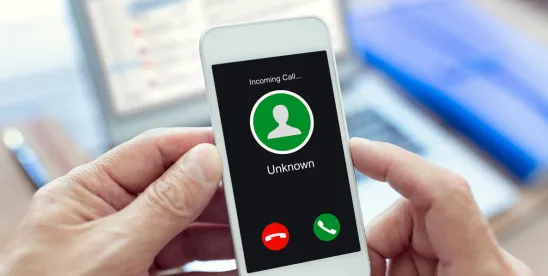I wanted to share with you the most recent advisory from the FCC for Student Loan Debt Scam Robocalls and Robotexts.
Quick little back story, as you may recall in 2022 while the pandemic was winding down, the Biden administration announced a program to provide relief to Americans from the burden of student loan debt by invoking the HEROES Act. Which would have wiped out approximately 430 billion in student loan debt for those who qualified. While that sounds great to almost everyone there were a few states that said not so fast here, and the issue was brought before the Supreme Court. On June 30th, 2023 the Supreme Court struck down the student debt relief program with a 6-3 decision.
With that recent development, the FCC has teamed up with Attorney Generals from four states and other law enforcement agencies to combat the potential scam robocalls and texts that may come with this recent Supreme Court ruling. The advisory outlines some scams consumers need to be aware of and how to identify them.
The FCC states that some of the common debt scams claim to be from the “student loan forgiveness center”, “forgiveness center” or the Department of Education with promises of a settlement or discharge of student loans. The FCC goes on to provide a few pointers for consumers who may now be facing the crashing wave of student debt scammers.
HOW TO SPOT A SCAM
Consumers should be aware that they are likely communicating with a scammer if:
-
You are pressured to send money or give personal information.
-
The caller/texter requests an upfront payment in order to apply or appeal your application.
-
You are directed to any website outside of StudentAid.gov.
-
You are requested to contact the caller/texter via an app-based message platform.
-
The call or text message claims to be from a “student loan forgiveness center” or a state “forgiveness center.”
-
The call/text is made using a suspicious caller ID, such as a name that is inconsistent with the substance of the message, or the same area code and first three digits of your phone number.
-
The caller/texter asks for your Federal Student Aid ID, bank account number, or credit card information.
-
The caller/texter offers services in exchange for payment via gift cards (such as iTunes cards, Target, or other retailer cards, etc.).
The key takeaway here is to ensure your marketing is not deceptive or deceitful in nature so that a consumer may be confused about who they are interacting with.




 />i
/>i

